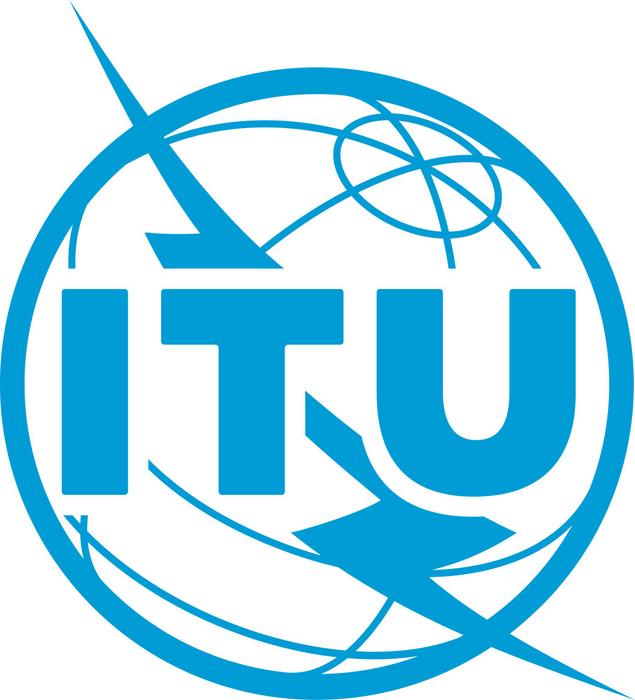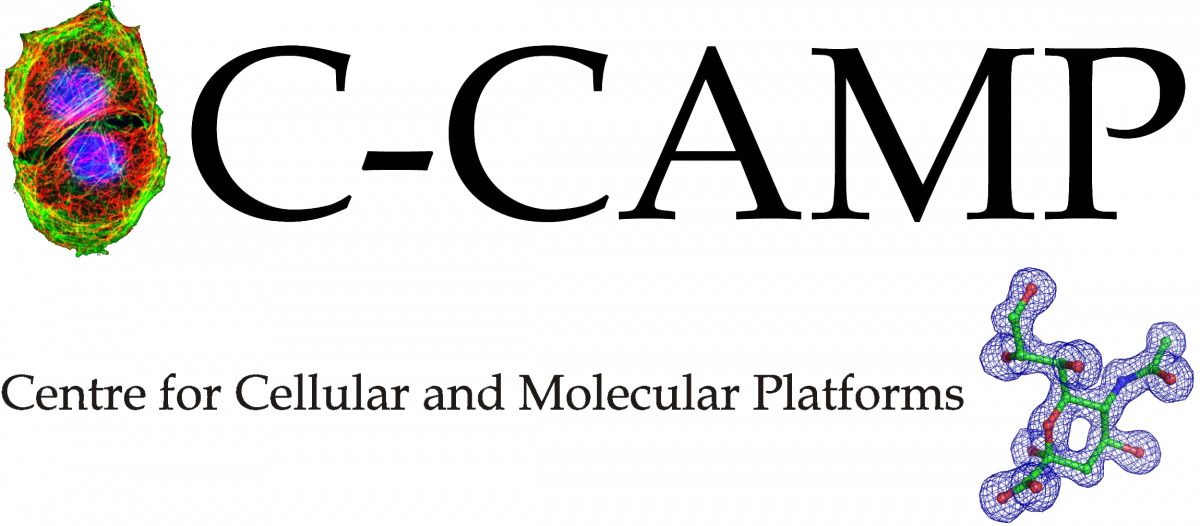Zurich: A comprehensive global survey covering 68 countries indicates that public trust in scientists remains robust. This research, spearheaded by the University of Zurich and ETH Zurich, involved a team of 241 researchers and represents the largest post-pandemic investigation into trust in science, societal expectations, and public perceptions regarding research priorities.
The findings reveal that worldwide, trust in scientists is at a moderately high level, with an average score of 3.62 on a scale from 1 (very low trust) to 5 (very high trust). Principal investigator Viktoria Cologna states, “Our results show that most people in most countries have a relatively high level of trust in scientists,” and emphasizes the public’s desire for scientists to engage actively in societal and political matters. Notably, the study dispels claims of a widespread crisis of trust in science.
Conducted as part of the TISP Many Labs initiative, this extensive study surveyed 71,922 individuals across various nations, including many underrepresented regions in the Global South. For the first time since the onset of the COVID-19 pandemic, it provides representative data on global perceptions of scientists’ trustworthiness, their engagement with the public, and alignment with significant research issues.
Despite the overall positive outlook on trust in scientists—78% of respondents view them as qualified, 57% as honest, and 56% as concerned about public welfare—there are notable concerns. Less than half (42%) believe that scientists consider others’ viewpoints. Co-author Niels G. Mede points out that many respondents feel scientific priorities do not always align with their own interests and urges scientists to be more open to dialogue and feedback.
The study also highlights polarization among different demographic groups and countries. It found that individuals with right-wing political views in Western nations tend to exhibit lower trust in scientists compared to their left-wing counterparts. However, in many countries, political affiliation did not significantly correlate with trust levels.
Furthermore, a significant majority (83%) of participants advocate for improved communication between scientists and the public, indicating a strong desire for increased involvement of scientists in policy-making processes. While there is a high priority placed on research aimed at enhancing public health, addressing energy challenges, and alleviating poverty, there is less enthusiasm for military technology development. This discrepancy underscores a potential misalignment between public expectations and scientific focus areas.
Press release – University of Zurich







